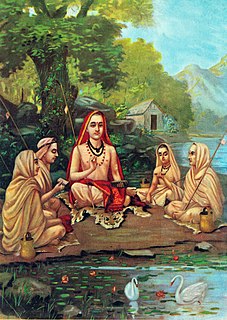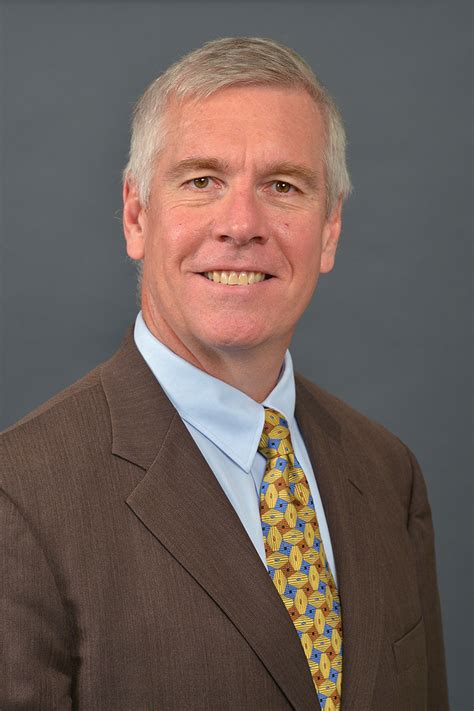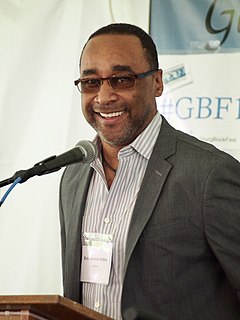A Quote by Paramahansa Yogananda
No one can be a yogi, maintaining a state of mental equilibrium, free from inner involvement in planned desireful activities, unless he has renounced identification with his ego and its unsatisfiable lust for the fruits of actions.
Related Quotes
The way to liberation lies through this realization of the Self, by God-communion and by remaining in this God-aware state of the soul while performing dutiful actions. Any individual can reach this supreme actionless state by the renunciation of all fruits of actions: performing all dutiful acts without harbouring in his heart any likes and dislikes, possessing no material desires, and feeling God, not the ego, as the Doer of all actions.
Even after the Truth has been realised, there remains that strong, obstinate impression that one is still an ego - the agent and experiencer. This has to be carefully removed by living in a state of constant identification with the supreme non-dual Self. Full Awakening is the eventual ceasing of all the mental impressions of being an ego.
The greatest dread of ordinary man is death, with its rude imposition interrupting fortuitous plans and fondest attachments with an unknown and unwelcome change. The yogi is a conqueror of the grief associated with death. By control of mind and life force and the development of wisdom, he makes friends with the change of consciousness called death-he becomes familiar with the state of inner calmness and aloofness from identification with the mortal body.
The good devout man first makes inner preparation for the actions he has later to perform. His outward actions do not draw him into lust and vice; rather it is he who bends them into the shape of reason and right judgement. Who has a stiffer battle to fight than the man who is striving to conquer himself.
As Hubert Benoit said, it is not the identification with the ego that is the problem, but the exclusive nature of the identification. When our self-identity expands beyond the ego, into the deeper psychic, then even into the Unborn and One Taste, the ego is simply taken up and subsumed in a grander identity. But the ego itself remains as the functional self in the gross realm, and it might even appropriately be intensified and made more powerful, simply because it is now plugged into the entire Kosmos.
As there must be moderation in other things, so there must be moderation in self-criticism. Perpetual contemplation of our own actions produces a morbid consciousness, quite unlike that normal consciousness accompanying right actions spontaneously done; and from a state of unstable equilibrium long maintained by effort, there is apt to be a fall towards stable equilibrium, in which the primitive nature reasserts itself. Retrogression rather than progression may hence result.
The pure mystic wishes to approach his God only in the all-embracing love. The yogi, too, walks toward one single aspect of God. The bhakti-yogi keeps to the road of love and devotion, the raja and hatha yogi choose the path of self-control or volition, the jnana yogi will follow that of wisdom and cognition.
Verily has man freewill to control his actions. That my Father-Mother has given to man as his inheritance. But the control of the ractions to those actions man has never had. This my Father-Mother holds inviolate. These cannot become man's except through modifying his actions until the reactions are their exact equal and opposite in equilibrium.
By Liberty I understand the Power which every Man has over his own Actions, and his Right to enjoy the Fruits of his Labour, Art, and Industry, as far as by it he hurts not the Society, or any Members of it, by taking from any Member, or by hindering him from enjoying what he himself enjoys. The Fruits of a Man's honest Industry are the just Rewards of it, ascertained to him by natural and eternal Equity, as is his Title to use them in the Manner which he thinks fit: And thus, with the above Limitations, every Man is sole Lord and Arbitrer of his own private Actions and Property.
There are only two states of consciousness that exist - the state of the ego and the state of love. The ego is the narrow state, the seed-form, the atomic stage; love is all encompassing, love is God. The center of the ego is I; the ego exists for itself. The nectar of love is the universe. Love exists for all.






































